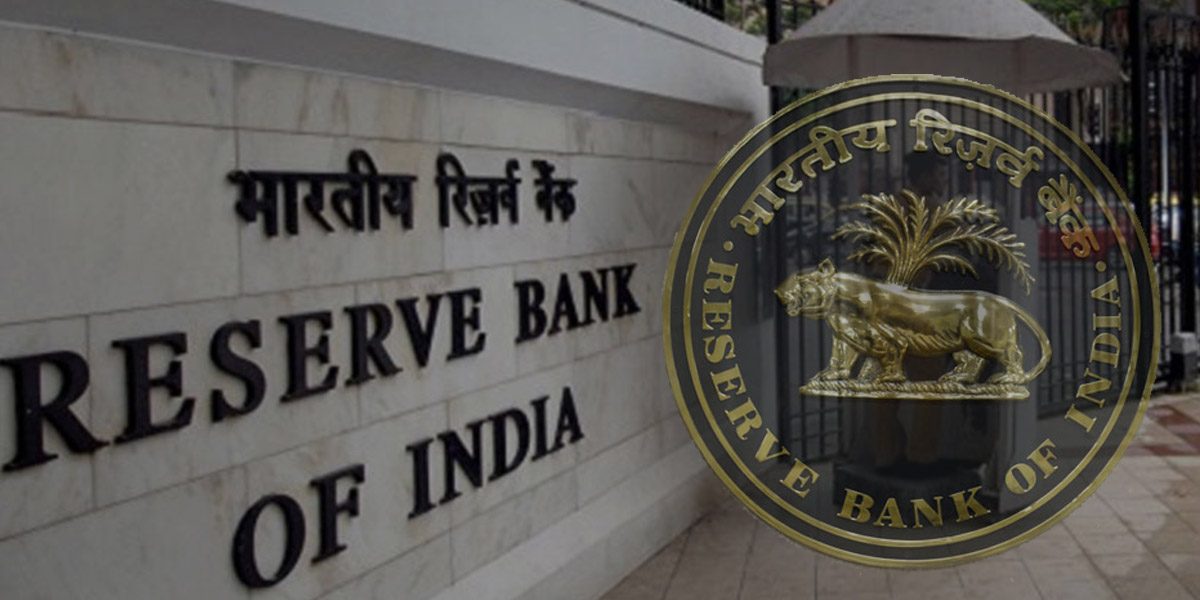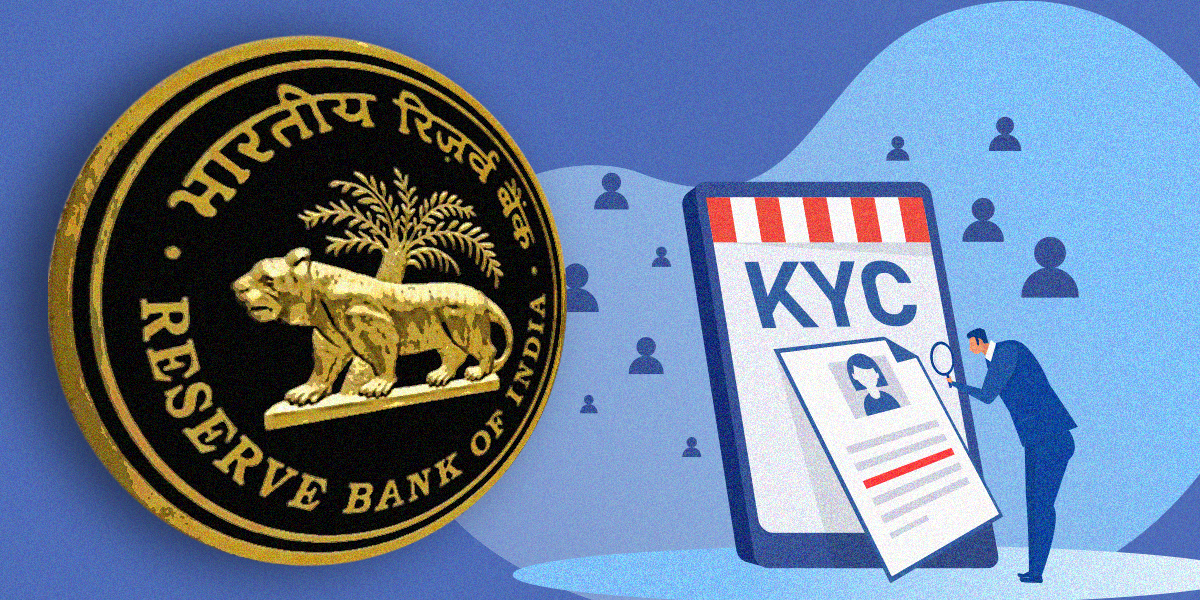The Reserve Bank of India on Tuesday imposed a penalty of Rs 1.68 crore on Ola Financial Services Private Limited, the firm that runs OlaMoney, for breach of Know-Your-Customer guidelines, the central bank announced in a press release. “The penalty has been imposed in exercise of powers vested in RBI under Section 30 of the Payment and Settlement Systems Act, 2007,” Yogesh Dayal, Chief General Manager, wrote in a statement.
An Ola spokesperson did not comment on the fine when contacted. OlaMoney had 79 lakh user wallets as of April, according to RBI data. In April, Rs 47 crore of business was transacted on OlaMoney at an average of Rs 484 per transaction.
While the RBI did not elaborate on the exact violations that it fined Ola for, it said that the company had violated the “Master Directions on PPIs dated August 27, 2021 (as updated from time to time) and the Master Direction – Know Your Customer (KYC) Direction, 2016 dated February 25, 2016.”
The KYC direction requires fintech firms like OlaMoney to verify and authenticate customers that sign up for the service. The RBI’s background note said that Ola was “non-compliant with the directions issued by RBI on KYC requirements,” and added that the firm was delivered a show-cause notice before the penalty was imposed.
The RBI has been tightening regulation of fintech firms of late, with two major actions that could have industry-wide consequences: first, the bank prohibited mobile wallet providers (pre-paid instrument operators) from extending credit lines to customers; second, it turned away the majority of applications for payment aggregators, narrowly allowing firms whose entire business is to aggregate payments.
In April, the RBI rejected Mobikwik’s payment gateway service, as the firm had slightly fallen short on a capital requirement of Rs 15 crore. Entrackr had exclusively reported this rejection.
Throughout this year, merchants and credit card issuers have been dealing with the fallout of India-specific rules on recurring payments issued by the RBI. Those rules essentially require auto-debiting subscription payments to be cancellable from a dashboard provided to Indian customers by banks, and for merchants to work with payment gateways that support these requirements. Apple has completely stopped accepting Indian credit cards as a result of these regulations.














